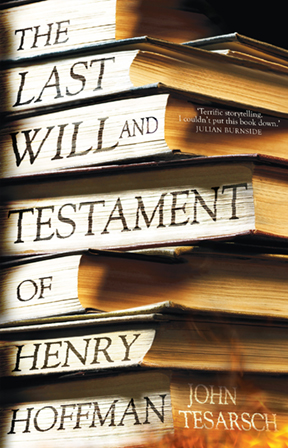If you’re growing an art collection it brings up an interesting situation: how do you incorporate your prized pieces into your estate plan? Sure, you likely don’t have an authentic da Vinci, Renoir, or Klimt just hanging in your living room, but maybe you have a couple of pieces you inherited or a burgeoning modern art collection.
Value of a Passion
For most collectors the art isn’t about monetary value, but more so about a passion for a certain period, artist, or medium. Collecting is often an act of genuine appreciation for the fine arts. Considering both the intrinsic and market value of your art collection it’s ESSENTIAL you include it as a part of your estate plan. The collection is, after all, a part of your total estate’s value and they way it’s handled in your estate plan could impact the value of your gross estate in regards to the federal estate tax. When it comes to the estate planning goal of avoiding such taxes and fees the appraised value of your art is paramount to consider. Naturally, you want your collection to be well-treated following your passing, as well as retain its value.
Let’s go through some important steps and elements to consider.
Assemble Documentation
The value of the collection will be important to the estate plan. If you haven’t done so already, you must correctly catalog, photograph, insure, and appraise the collection. You should also gather all documentation such as appraisals and bills of sale that will need to accompany the artwork as it changes hands upon your estate plan’s execution.
Weigh Your Options
With an art collection, there are three main options for disposition within your estate plan (or to be executed during your life).
Donate
Donating your art to a charitable organization or a museum is an excellent way to practice smart charitable giving. It can also be one of the more simple options. Donate through your estate plan following your death and the estate will receive a tax deduction based on the current valuation. Give while you’re living and you can take an income tax deduction, also based on the value of the piece or collection at the time of the donation.
With this option, you and the recipient organization should agree to signed terms and conditions BEFORE the artwork delivery. Details can include specifics as to where and how the art is to be displayed if you want your name on the signage next to the painting and similar details.
Bequest Artwork to your Loved Ones
Another common option is to keep the art within the family by passing along the art along to your estate’s heirs. Yes, you could gift each individual piece to each family member, but if you want to keep the collection intact you could transfer the collection to a trust you create while living that can be updated and changed during your lifetime. A trust is a solid estate planning tool that allows your named trust beneficiaries to avoid estate tax and probate complications and fees. In the formation of your trust, you can also define the terms for the care and condition of the artwork.
You could instead bequest the collection to an entity like an LLC you create. In this case, your heirs would own interest in the LLC instead of each owning a piece of art. In your estate plan and in the development of the entity you can appoint a manager (or multiple managers) who make sales or purchasing decisions for the collection.
Sell
It goes without saying that art is expensive—to buy and to sell. There are benefits (and detriments) to this option during life and after death, but waiting to sell until after death means the art’s value will be included in the estate. As such the capital gains tax could be lessened or entirely eliminated because the tax basis for the art collection is increased to fair market value at the time of death, instead of what you paid for the art/collection. If you instead would like to sell while alive you can likely expect to pay a capital gains tax on top of a sales commission fee and sales tax (among other potential fees).
Give, gift, sell—whatever option you choose, select a plan that allows you to feel at peace with where and to whom your collection is headed.
Enlist an Expert
Regardless of what option you want to pursue in the disposition of your art work, you need to work with an experienced estate planner who can help navigate the complexity of your estate. It’s your estate planning lawyer who can help you establish a framework for passing along your artwork to your chosen beneficiaries.
Discuss With Your Family
Depending on your family dynamic, discussing your estate plan with your loved ones can be difficult. It can bring up emotion and hard topics like mortality, however, to avoid litigation, mitigate in-fighting, and help determine what’s the best course of action forward for your property it’s necessary. When it comes to your art collection, your heirs may not feel the same way about the artwork that you do and knowing these opinions is critical in the decision of what to do with the collection.
When having the conversation, cultivate an environment in which your family can discuss openly and freely without judgment. You want their honest opinions as a part of your decision in what to do with your collection in the event of your passing.

Just as the art itself can be exceedingly complex, so can incorporating said art into an estate plan. You probably have questions; don’t hesitate to reach out at any time via email or phone (515-371-6077). I offer a free one-hour consultation and would love to help you protect your artistic assets through quality, individualized estate planning.




















